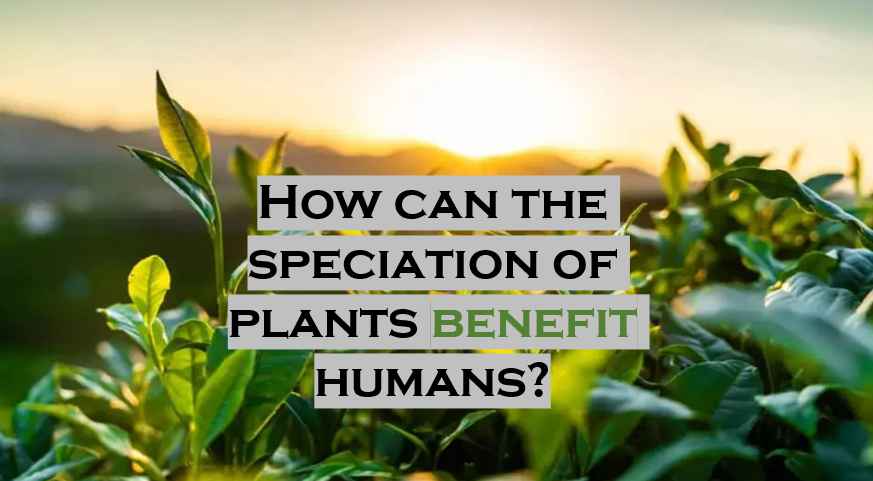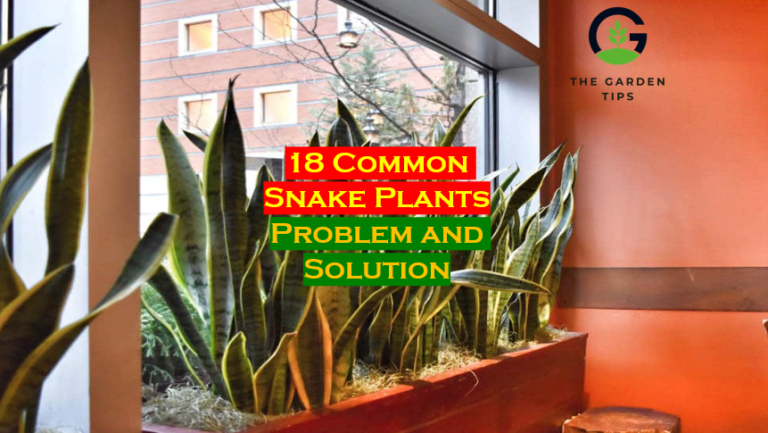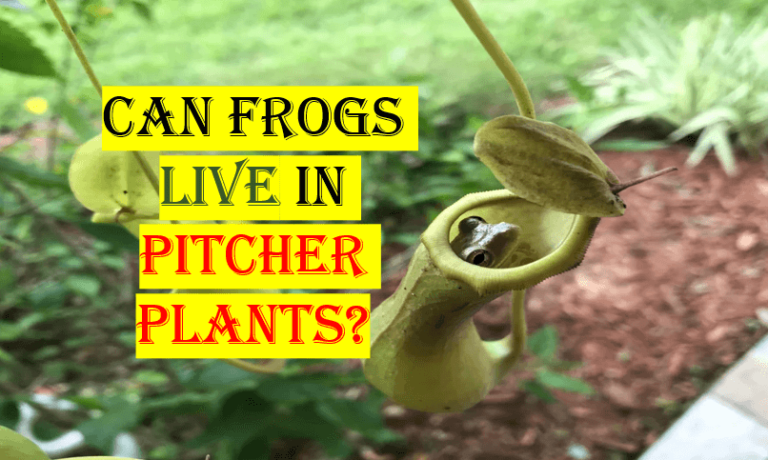Speciation is a critical evolutionary process that plays a crucial role in building plant diversity on our planet. It allows for the development of new plant species with unique traits and adaptations to different environments, which contributes to plant communities’ overall diversity and resilience.

This diversity of plant species provides important ecosystem services, such as pollination, pest control, and carbon sequestration, essential for maintaining a healthy environment and supporting human life.
Furthermore, new plant species can provide new food sources, medicines, and ornamental plants, which can have important economic and social benefits for human populations. Refers to the process by which a single species splits into two or more distinct species. It can result from physical, behavioral, or genetic changes that cause populations to diverge over time and no longer interbreed.
Benefits to Humans by Speciation of Plants
Speciation of plants can benefit humans in several ways:
· Biodiversity
One of the most beneficial characteristics of the speciation of plants is that it contributes majorly to biodiversity. Biodiversity refers to the variety of life forms that exist on our planet and are essential for the health of an ecosystem. The evolution of the new plant specie means that there will be a greater variety of plants specie that can interact with each other in different forms, which could help maintain the ecosystem.
· Agriculture
Plant speciation has led to the development of crops better suited to different climates and soil types, increasing food security and productivity for human populations.
· Medicine
Many plant species evolved through speciation containing medicinal properties. For instance, some species of plants that evolved to protect themselves from herbivores contain toxic chemicals for mammals but also medicinal properties. These compounds have been used for centuries by indigenous people to treat a wide range of medical conditions and are now studied to know their potential as drugs.
· Food
Speciation has also played an important role in food crops essential for human survival. For example, the domestication of wheat, corn, and rice has led to the evolution of the new specie specially adapted to the needs of human agriculture. These specie provides essential food for billions of people worldwide and is critical for food security.
· Ornamentals
Some plant species have been developed for ornamental purposes and are used for landscaping and horticulture, providing aesthetic benefits for humans.
· Industrial usage
Many plant species which are evolved through speciation have industrial uses also. For example, rubber bands, cotton, and bamboo are all species that have evolved through speciation and are used for a variety of industrial usages, such as making tires, building materials, and clothing.
· Landscaping
Speciation has also evolved plants that are now used for landscaping purposes. For example, the evolution of new species of flowers, shrubs, herbs, and trees has led to a greater number of new plants that can be used for landscaping. This can help make the urban areas attractive and more liveable.
· Ecosystem services
Speciation also has a huge impact on the provision of ecosystem services. Ecosystem refers to the benefits that humans get from the ecosystem. That is clean water, soil, and air. For instance, many plant species that have evolved through speciation have roots that help stabilize and prevent erosion, which is critical for the health of watersheds and the water quality of rivers and lakes.
One type of speciation that affects humans is allopatric speciation, which occurs when populations are physically separated from each other and can no longer interbreed. This can lead to the development of new crop species or the discovery of new medicinal plants.
Another type is sympatric speciation, which occurs when populations evolve into separate species while still in physical contact. This type of speciation can also lead to the development of new crop varieties and the discovery of new medicines.
What causes speciation in plants?
Speciation in plants can be caused by several factors, including:
Geographical Isolation
When populations of a species become physically separated, they can evolve differently over time, leading to speciation. This can happen due to geological events such as volcanic eruptions, earthquakes, or the formation of mountains, rivers, or seas.
Behavioral isolation
When two populations of a species have different mating behaviors or rituals, they may become unable to interbreed, leading to speciation.
Ecological isolation
When populations of a species occupy different habitats or ecological niches, they may evolve differently over time, leading to speciation.
Chromosomal changes
Changes in the number or structure of chromosomes can prevent individuals from different populations from interbreeding, leading to speciation.
Hybridization
When two different species interbreed and produce a hybrid, that hybrid may not interbreed with either parent species, leading to the creation of a new species.
Polyploidization
The duplication of chromosomes in a cell can lead to a new species with a different number of chromosomes from either parent species. It is known as polyploidization and is a common mechanism of speciation in plants.
These mechanisms can act alone or in combination to cause plant speciation, and the process can take hundreds or thousands of years.
How does the speciation of plants benefit the human race?
Speciation of plants can benefit the human race in several ways:
Food security: New plant species better suited to different climates and soil types can increase food security and productivity for human populations. It can help to alleviate poverty and hunger in regions where food is scarce.
Medicine: Some plant species have been found to have medicinal properties, and speciation can lead to the discovery of new medicines and treatments. It can improve human health and quality of life.
Biodiversity: Increased plant speciation contributes to the overall diversity of life on Earth, which is important for maintaining a healthy ecosystem and providing resources for human use.
Economic benefits: New plant species can be developed for ornamental purposes, providing aesthetic benefits for humans and generating economic benefits for the horticulture and landscaping industries.
Environmental benefits: New plant species can help to maintain biodiversity and provide important ecosystem services such as pollination, pest control, and carbon sequestration. It can help to mitigate the impacts of climate change and protect the environment for future generations.
Final Words
Plant speciation can positively impact human societies by providing essential resources, improving human health and quality of life, and maintaining a healthy environment. The speciation of many plants may seem natural, but it is clear that it significantly impacts human life and well-being. As such, it is important that we protect and conserve the plant species on our planet, so the future generation can have the quality life these varieties of plant species are giving.







